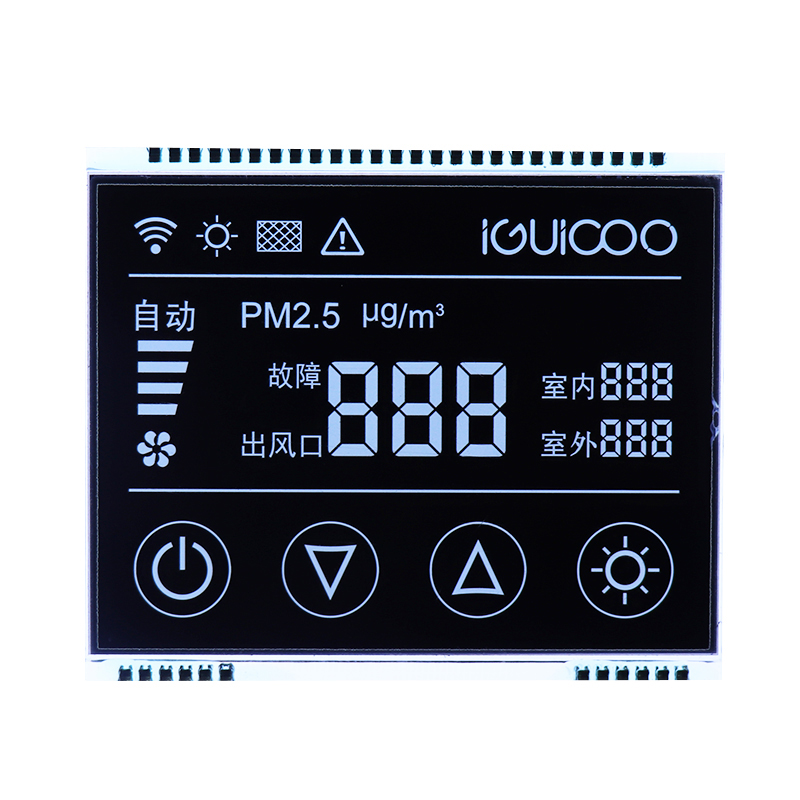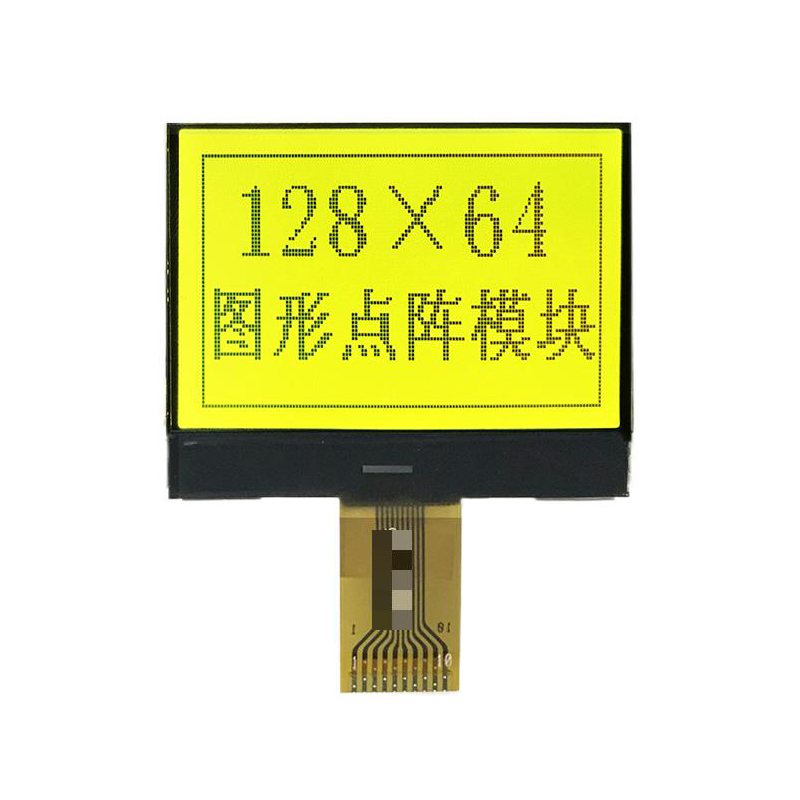
This comprehensive guide explores the world of 16x2 LCD displays, covering their specifications, applications, and selection criteria. Learn how to choose the perfect display for your project, understanding key features and potential challenges. We'll delve into technical details, providing practical advice and real-world examples to empower you in making informed decisions.
A 16x2 LCD display is a compact, cost-effective liquid crystal display module capable of displaying alphanumeric characters arranged in a 16-column by 2-row grid. It’s a common component used in various embedded systems, from simple projects to more complex applications. The 16x2 refers to its character matrix; 16 characters per line and 2 lines in total. These displays are characterized by their relatively low power consumption and easy interfacing with microcontrollers like Arduino and Raspberry Pi. You'll find them incredibly versatile for projects requiring a simple and clear visual interface.
The most fundamental feature is its ability to display 16 characters per line across two lines. Character sets usually include uppercase and lowercase letters, numbers, and common symbols. Some advanced models offer additional character sets or customizable characters.
Most 16x2 LCD displays come with backlight options, typically white LED backlighting. The backlight enhances readability, especially in low-light conditions. Some models even offer different backlight colors.
Common interface types include parallel and I2C. Parallel interfaces require more GPIO pins on your microcontroller, while I2C uses fewer pins, making it more efficient for resource-constrained projects. The choice depends on your project's specific requirements and the capabilities of your microcontroller.
16x2 LCD displays typically operate on a low voltage, usually 5V, though some might require a different voltage. Always check the datasheet for the specific voltage requirements before connecting it to your power supply. This is critical to prevent damage to the display.
Selecting the appropriate 16x2 LCD display involves considering several factors:
The versatility of 16x2 LCD displays makes them suitable for a wide range of applications:
Connecting a 16x2 LCD display typically involves connecting power (VCC, GND), contrast control (VO), data lines (D0-D7 for parallel interface), and control signals (RS, RW, E). Refer to the specific datasheet for the display module for detailed pinout information and connection diagrams. Many online tutorials and resources demonstrate the connection process for various microcontrollers.
For high-quality 16x2 LCD displays and other display solutions, consider exploring Dalian Eastern Display Co., Ltd. They offer a range of LCD displays, known for their reliability and performance. They're a reputable supplier for various display needs.












